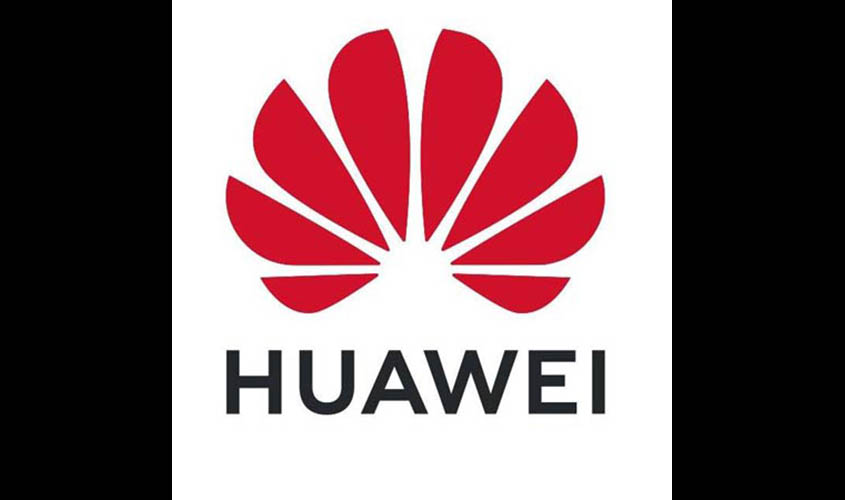However much the times change, two things remain constant when it comes to India-China relationship. The way China, like the leopard which never changes its spots, continues to needle India at every international platform possible. And the manner in which India, with unerring steadfastness, keeps bending over backwards to try and please China in the vain hope that the dragon will mend its ways. It was for the third time in a little over four months that China tried to take the Kashmir issue to the United Nations Security Council, apparently at the insistence of Pakistan, whose foreign minister, Shah Mehmood Qureshi was in the United States with the agenda to raise India’s abrogation of Article 370 from every platform possible. The first time, China succeeded to get Kashmir discussed at a closed door meeting of the UNSC—although it could not get a formal statement issued—while failing the other two times, courtesy its move being scuppered by countries such as France, amongst others. China’s list of offences against India is rather long: China continues to block India’s entry into the Nuclear Suppliers Group (NSG). China is actively pursuing a policy of surrounding India by building its “Maritime Silk Road”. China lays claim to vast swathes of Indian territory. Worse, China occupies a huge chunk of what is now the union territory of Ladakh. China wants to keep India hyphenated with Pakistan. China has been trying to use India as the dumping ground of cheap products, thus killing Indian industry. India’s trade deficit with China is in the range of $56.8 billion. And these are just a few examples. Even though there have been areas of cooperation when it comes to trade and border dispute, the fact is that even the much touted Wuhan Spirit or the Mahabalipuram Spirit has been able to take bilateral relations thus far and no further. But what does India do in return? It issues a statement, requesting China to desist from raising the Kashmir issue at the United Nations. “China should reflect on a global consensus on Kashmir and avoid raising it at the United Nations,” was the statement from the Ministry of External Affairs. As this newspaper has been reporting, President Xi Jinping, in spite of his personal camaraderie with Prime Minister Narendra Modi, has left it to his foreign ministry and the People’s Liberation Army to handle the India “desk”, if that term can be used. With the PLA generals being “best friends” with Pakistani generals, it should not come as a surprise to India that it’s almost as if Pakistan that is dictating China’s India policy. And why not? China has already sunk so many billions in Pakistan while trying to construct the China-Pakistan Economic Corridor and it has to protect its investment in the disturbed piece of land that is “Terroristan”. And then there is the case of China trying to tether India down to the subcontinent by keeping it in a state of constant tension with Pakistan, while arming that rogue country to the teeth. In fact, China is proving to be so hostile to India and India’s interests that the time has come to move beyond managing the differences between the two countries. Rogue behaviour has to be met with punishment, without tensions escalating to armed conflict. Walking out of Regional Comprehensive Economic Partnership (RCEP) is not enough. China will not be as much impacted by India walking out of RCEP as it will be if India blocks the entry of Huawei in the 5G space. In fact, post China’s rather belligerent behaviour on Kashmir, there was some talk about stopping Huawei from participating in the 5G trials, but it proved to be just that—big talk. And now that Huawei is being allowed to participate in the trials, and considering its rates are more than likely to be the cheapest, there is a very good chance that India will allow Huawei to roll out its 5G services in this country. But can cheap rates trump India’s security interests? A 2019 study conducted by Vietnam’s Fulbright University and a London based think-tank, Henry Jackson Society had claimed that “key mid-level technical personnel employed by Huawei have strong backgrounds in work closely associated with intelligence gathering and military activities” of the PLA, and that some of the employees, whose CVs the study had managed to lay its hands on, could be linked “to specific instances of hacking or industrial espionage conducted against Western firms”. Allowing Huawei to roll out 5G services in India means handing over the country’s huge trove of metadata to China and its military on a platter—metadata that will accelerate China’s gigantic leap in areas of supercomputing and artificial intelligence, and will go a long way in making Pakistan’s “iron brother” the world’s number one power, with complete control over the metadata of 37% of humanity, which is the combined population of India and China. It is for India to decide if it wants to pave the way of China’s rise to global predominance by handing over so much power to it. India should not forget that the Chinese dragon is also akin to a leopard—it does not change its spots.

